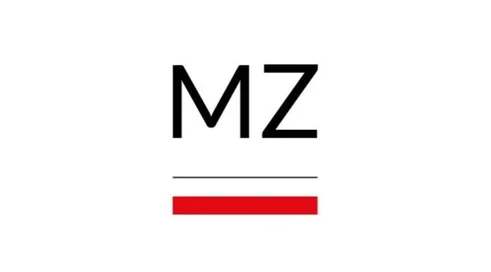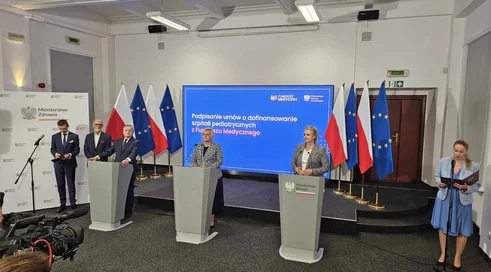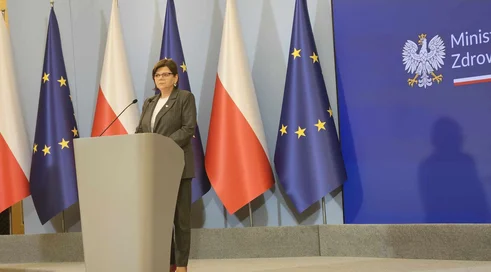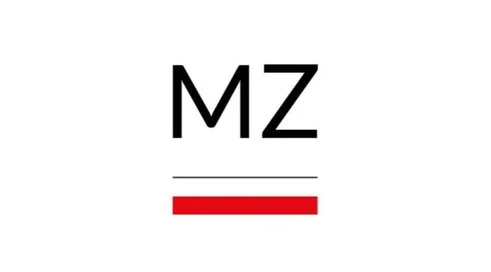POZ doctors are alarming that although the minimum wages are to increase on average by more than 20 percent from July, the valuation of benefits in primary health care based on AOTMiT recommendations is growing by nearly 7 percent. - although in POZ, work accounts for the lion's share of all costs. The Zielona Góra Agreement emphasizes that small clinics will be in the most difficult situation. However, not only POZ is in trouble.
On July 15, the stage of annexing the co...
Content locked
To gain access to the complete English section of the Medexpress.pl, kindly reach out to us at [email protected].
If you already have an account, please log in




















